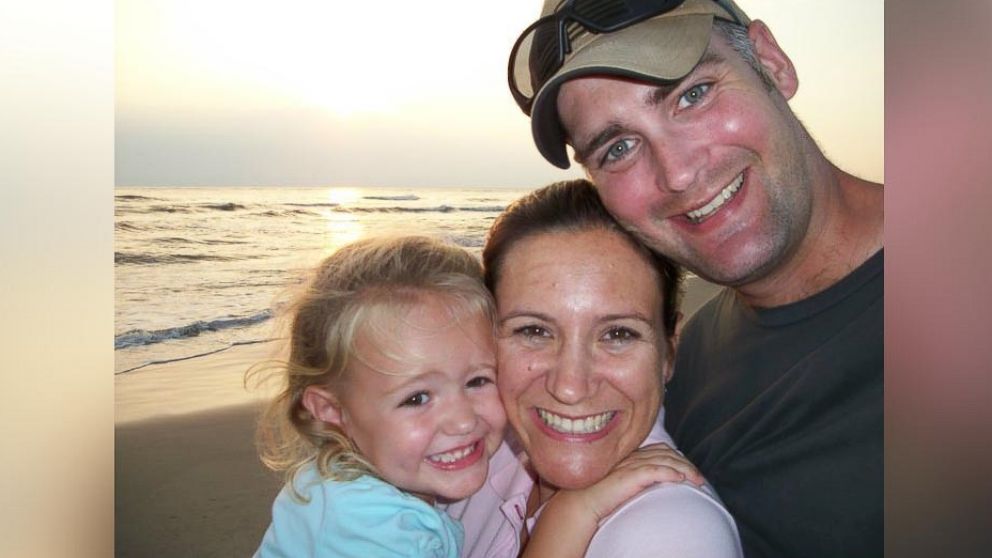VA's Lack of Pain Treatment Options Led to Opiate Addiction, Vet Says
Justin Minyard suffered chronic back pain after a 9/11 rescue effort.

Feb. 25, 2014 — -- Justin Minyard, a decorated 34-year-old Army infantryman who served in Iraq and Afghanistan, says he will never forget the day his 3-year-old daughter brought him a Christmas present to open as he laid on the couch.
"My eyes rolled to the back of my head. You could see only the whites of my eyes," Minyard told ABC News and the Center for Investigative Reporting. "I was just not responding."
It was Christmas 2011, and Minyard said he was stoned on opiates prescribed by doctors at the Department of Veterans Affairs. The medication was supposed to mute chronic back pain that began after Minyard helped in the 9/11 rescue effort at the Pentagon and worsened when he fell out of a helicopter in Afghanistan.
Instead, the drugs turned him into an addict. His life, he said, revolved around only one thing: "When is the next pill?"
By the time he was deployed to Iraq in 2008, Minyard said he was injecting himself with anti-inflammatory drugs prescribed by military doctors. And when he returned home, the VA responded to his pain by loading him up on narcotics.
"There were better options to treat my pain, and those weren't presented to me first," he said. "The priority was treating me the fastest, seemingly least expensive way, and it was the most detrimental."
As part of its new Opioid Safety Initiative, the VA says it will increase access to alternative therapies.
Internal agency records obtained by CIR show that nationwide, the VA employed 39 chiropractors in 2012, none of them at the VA hospital in Orlando, Fla., where Minyard sought care.
So far, the VA's records show the agency offers few options to most veterans.
In October, Dr. Robert Jesse, the VA's principal deputy undersecretary for health, told a House subcommittee that the agency employed 115 pain specialists in the entire country –- or one for every 50,000 veterans in pain.
Minyard eventually got help when a doctor at Fort Bragg in North Carolina helped him obtain a spinal cord stimulator, which sends small amounts electric current up his spine as a way to relieve pain.
He says he's been clean for more than two years. But he's worried about his fellow veterans, some of whom are still receiving large doses of narcotics.
In 2012, CIR found VA doctors wrote more than 6.5 million prescriptions for hydrocodone, oxycodone, methadone and morphine. That's more than the total number of patients they saw and a 270 percent increase from 2001.
"That's a staggering number to me," Minyard said, noting that it doesn't affect just veterans who have served in war, but also their families and co-workers.
"So extrapolate the numbers from that," he said. "It's a pretty big pool of people that are being affected."
This story was produced by the Center for Investigative Reporting (CIR) and ABC World News. See more veterans coverage from CIR at cironline.org/veterans. Reach the reporter at aglantz@cironline.org and follow him on Twitter at @Aaron_Glantz.




